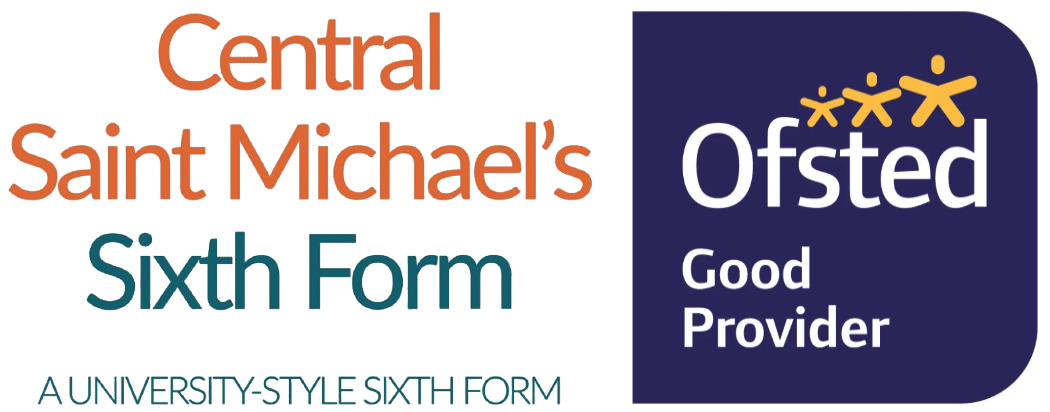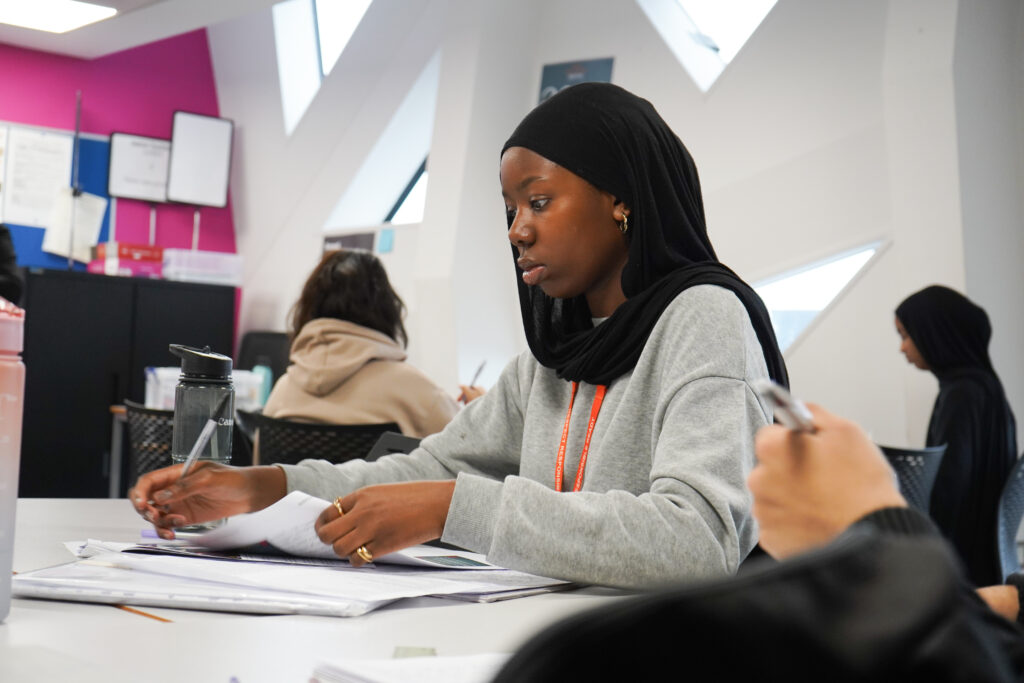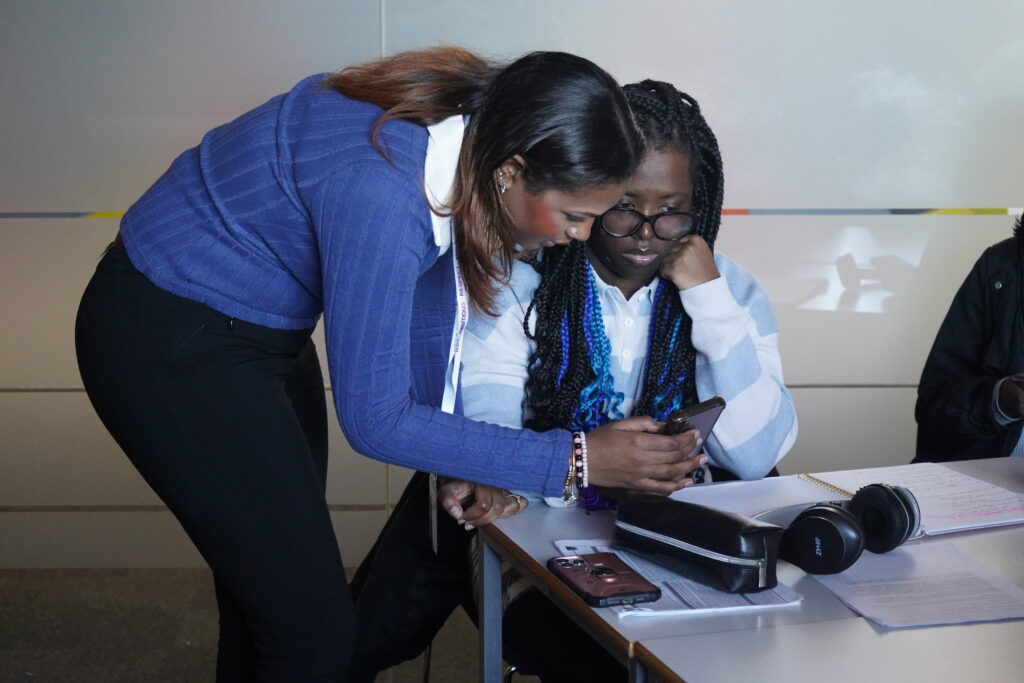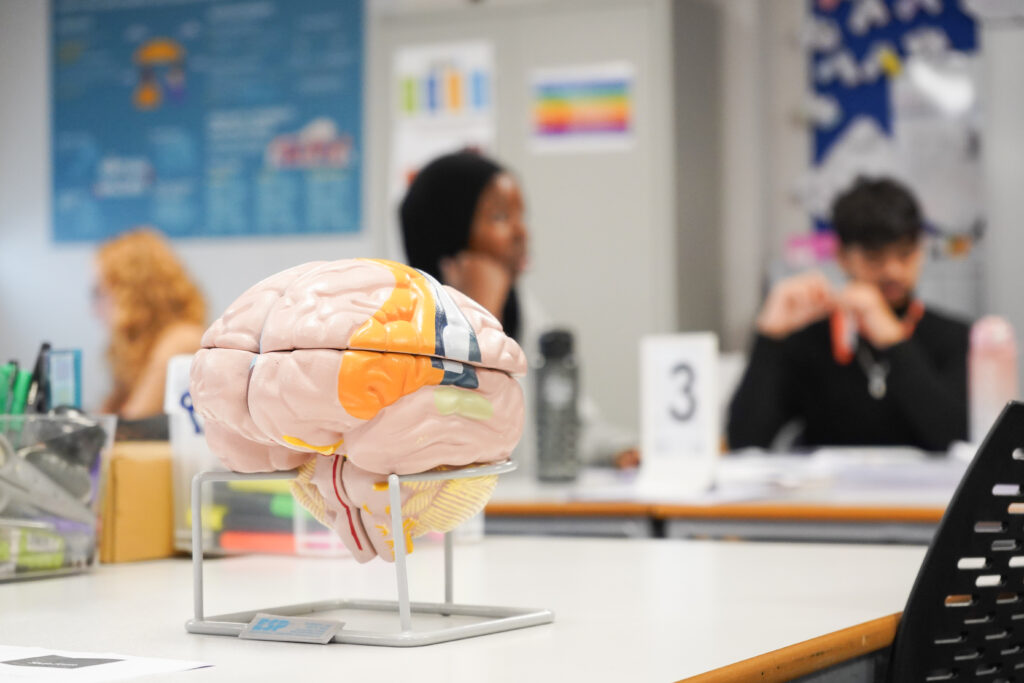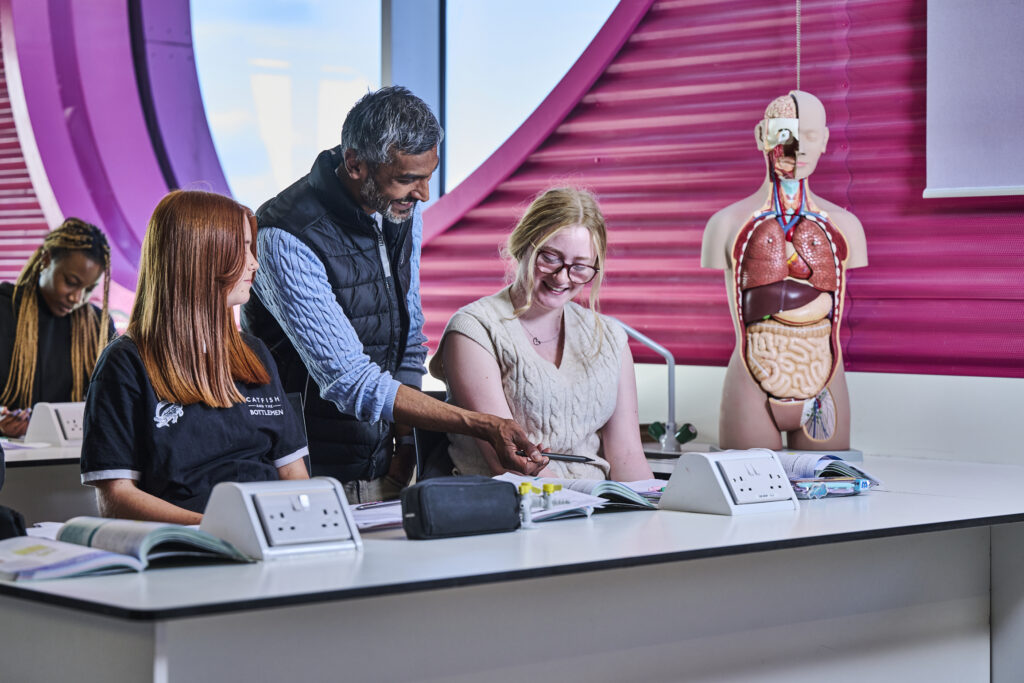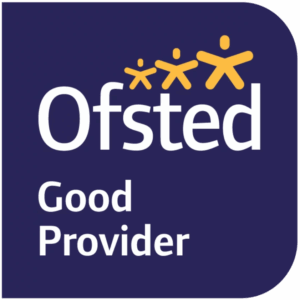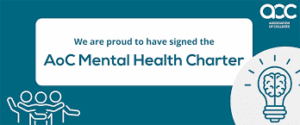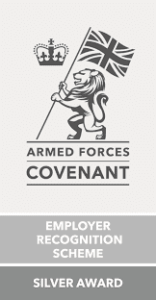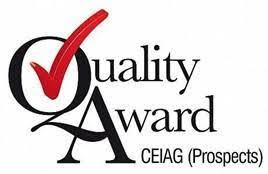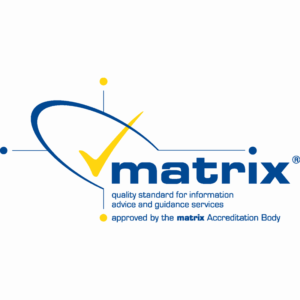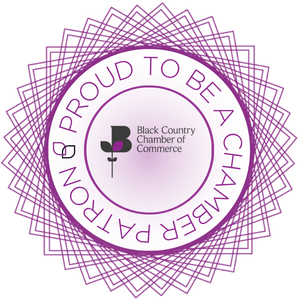Criminology is a practical subject where you can apply academic theories to better understand and challenge our current perspective of crimes. The course is designed for anyone who wants to pursue a career within the Criminal Justice System, focus on its current issues and challenges, and understand crime prevention. It is also ideal preparation for university, apprenticeships and careers in law, policing, forensic psychology or social work.
Content Overview
The course includes four units over two years:
• Understand the nature, types, and perception of crime in society
• Explore reasons why crimes are committed using criminological theories
• Examine real-world case studies and criminal investigations
• Learn how evidence is gathered, used and evaluated in court
• Understand the criminal justice system from crime scene to courtroom
• Study how laws are made and how punishment is applied
• Analyse the effectiveness of crime control and social policies
• Develop critical thinking, analytical and research skills
WJEC Level 3 Applied Certificate in Criminology (Year 1)
Unit 1: Changing Awareness of Crime
• Explore different types of crime (e.g. white-collar, moral, state crime)
• Understand why some crimes go unreported
• Examine media representation of crime
• Study campaigns for change (e.g. anti-knife crime campaigns)
Unit 2: Criminological Theories
• Learn about the main theories of why people commit crime (e.g. biological, sociological, psychological)
• Compare and evaluate different theoretical approaches
• Apply theories to real-life examples of crime
• Understand how criminological theories influence policy and crime prevention
WJEC Level 3 Applied Diploma in Criminology (Year 2)
Unit 3: Crime Scene to Courtroom
• Understand the criminal justice process from investigation to verdict
• Examine the roles of personnel (e.g. police, forensics, legal professionals)
• Study the collection, use and admissibility of evidence
• Explore factors affecting trial outcomes, including media and expert witnesses
Unit 4: Crime and Punishment
• Examine how laws are made and enforced
• Study different forms and aims of punishment (e.g. retribution, rehabilitation)
• Analyse how criminal justice policies are developed and evaluated
• Explore the effectiveness of social control methods
